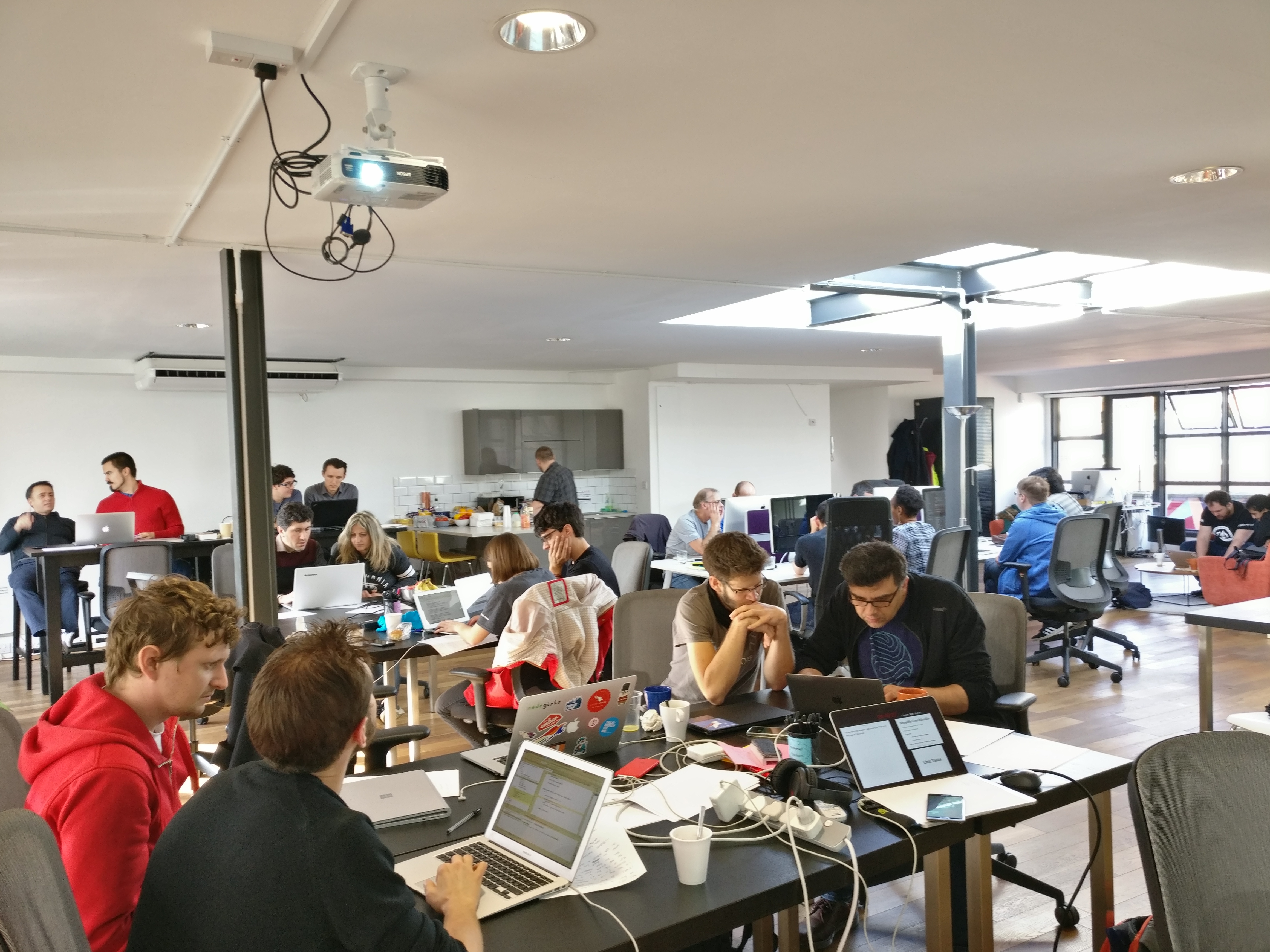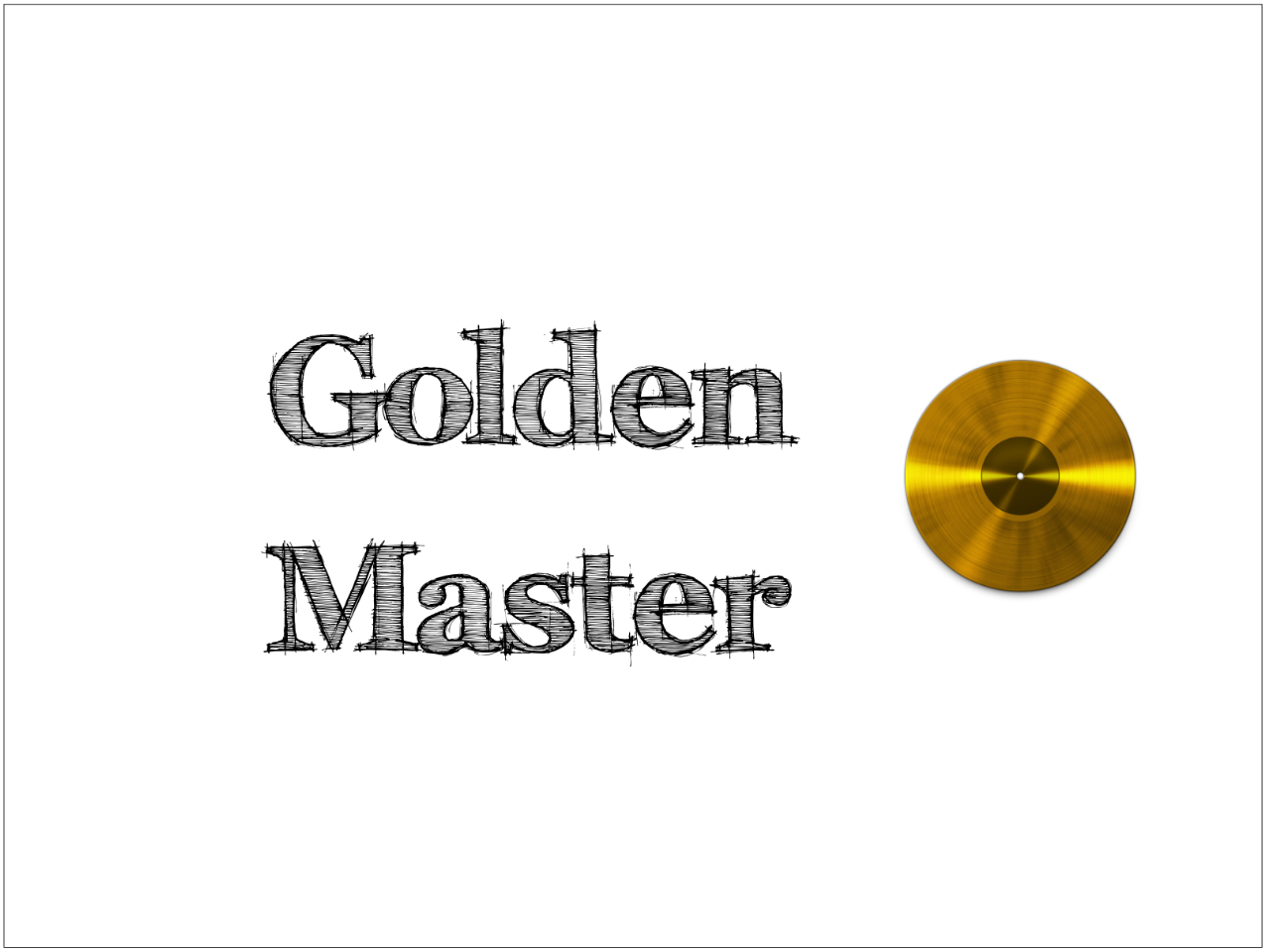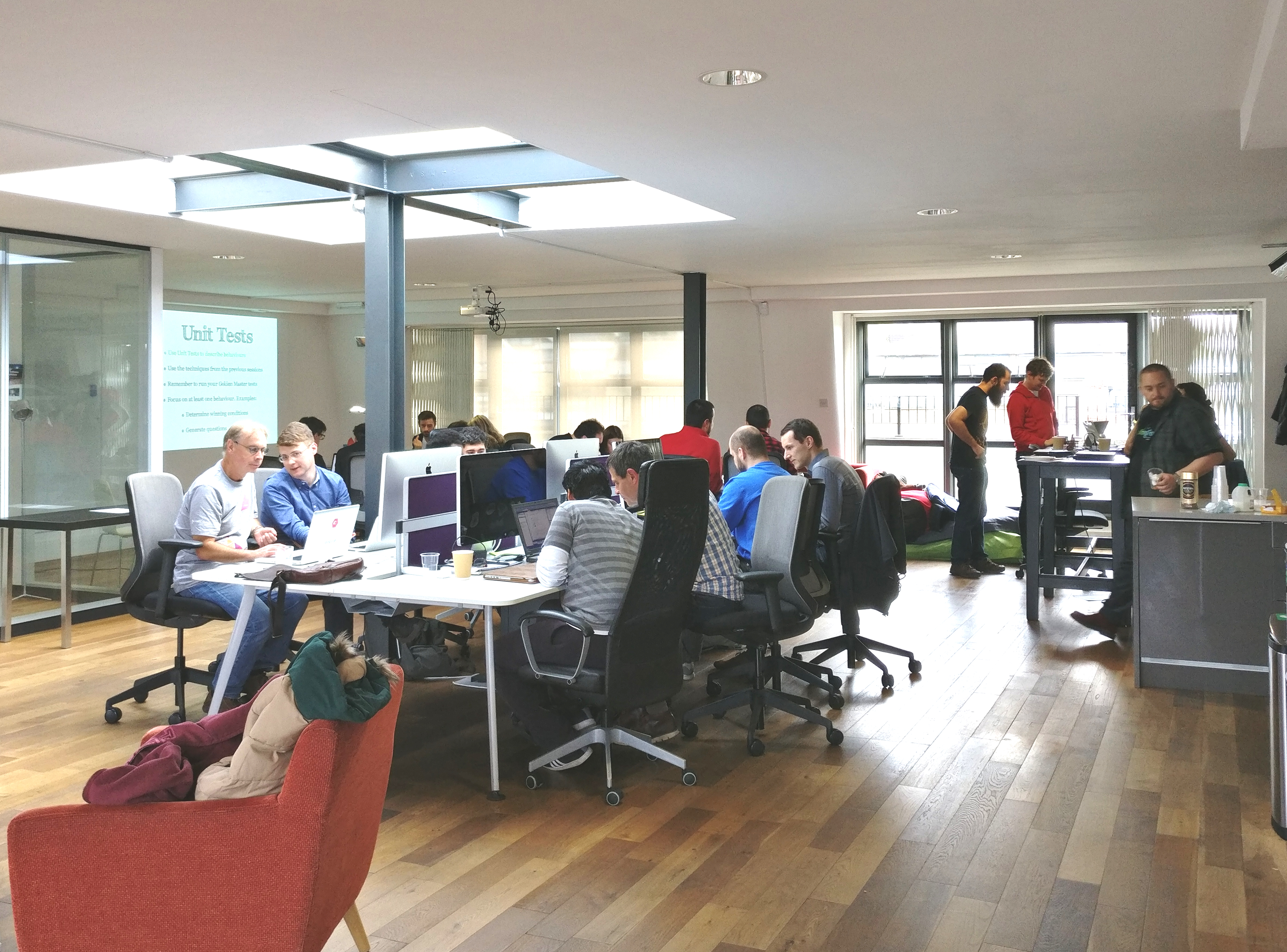
- By Matt Belcher & Rubén Recio
- ·
- Posted 26 Jun 2023
A Great Developer Doesn't Always Make a Great Technical Leader
Think You’re Not a Technical Leader? Before you abandon this article, be honest with yourself and answer these few questions:

We recently hosted our very first Legacy Coderetreat here at Codurance London. The event was organised by Cyryl Płotnicki and Robert Firek, with Daniel and myself helping and participating throughout the day. We had a very good number of attendees, especially given the fact that the event started very early on a Saturday morning. The event lasted the full day, split into 45min sessions, with a few minutes break between them. In the beginning of each session, the participants would choose a different person to pair with.
Refactoring legacy code when introducing new features is an important skill which requires practice. The goal of the event was to learn some refactoring techniques by working with a piece of legacy code, Trivia Kata, with each session introducing new challenges. For example, how can we be confident enough to change a code so coupled and full of Code Smells that writing Unit Tests becomes impractical? Each session would introduce a technique to deal with a situation like this and let people familiarize themselves with it via exercises. Then, after the session finished, a 10min retrospective would take place and participants had the opportunity to give feedback and share what they learnt.

In the first session, our goal was to read through the code and try to understand what it does. No clues were given, the idea was to let us figure out what the code was about. Some of us went even further and ran the code, using the output to get more information and understand behaviours which were often hard to spot. We have also been asked to take notes, write down everything that we could figure out about the behaviours and what the project was about.
The code turned out to be a board game simulation with multiple players. By running the code multiple times, my pair and I could compare the outputs and learn a great deal about the business rules, such as penalty rules and the criteria to define a winner.
This experience simulates a real-world scenario. Even when we are familiar with a project, sometimes we need to touch a module or part of the code which we (including every other member of the team) have never seen before.
This session served as the foundation for the rest of the event. The most interesting part, in my opinion, wasn't understanding the business rules, but actually seeing other participants coming with other ideas, interpreting the behaviours in the domain differently. It was an enlightening experience to me.

Once we had a clear understanding of the code (or, at least that's what we thought) we were given a brief introduction to Golden Master Test (also know as Characterization Test). In short, you look at the system as a black box and try to come up with an automated test for it. It would allow you to have some inputs to the system recorded and then check if we're still seeing the same output as we've seen in our previous interaction with the system. This allows us to compare the outputs after each small change in order to make sure we are not introducing unexpected changes (a.k.a bugs).
But it wasn't so simple: the code used random number generators to simulate a roll of a dice. Each time the code was executed, we would get different outputs. Writing a Golden Master required us to take control of the randomness and make the results predictable so that whenever we ran the test for the same seed the same output should be expected.
Because the concepts introduced were new to most of us, I found that 45min was too short for this session. Although my pair was already familiar with Golden Master testing and had a plan in mind, I wasn't that much familiar with the technique, so we had to discuss and try out some code to communicate our ideas better. By the end of the session, we didn't have our test implemented and I felt disappointed. But wait, I said before that the goal was to introduce techniques and share skills between the pairs. That's exactly what happened! We both learned from each other and even if we didn't finish the test, we both could understand the ideas and strategies we wanted to use, such as creating a Test Double called TestableGameRunner, introduce a few Seams and inject our own predictable dices.
In the third session, we finally managed to get our hands in that smelly code. Our goal was to extract small chunks of the confusing code into functions with meaningful names, but the actual fun part came with the constraint of keeping functions pure, that is, free of any observable side-effects.
Some of the refactorings are easy, resulting in a small method with one or two parameters. But soon enough we found ourselves looking at a two or three lines of code that were changing fields, printing the current state of the game and having some form of duplicated logic. Trying to extract those chunks required deeper analysis of the code, otherwise, we would end up with a function requiring four or five parameters in order to keep its pureness, which can be a sign of a Code Smell.
This was a fun and challenging session, which required teamwork and attention. For each small change, we would re-run our tests and, occasionally, they would fail. We would then revert the changes and take a closer look at the code, often realising that it was a small but important difference that wouldn't allow us to remove a duplication so easy.
This session was about reducing the complexity of the code by avoiding complex conditionals and removing else branches. By doing so, the code would get easier to understand and, consequently, easier to test and maintain.
After spending the first three sessions looking at the Java version of the Kata, I decided to explore other languages. Fortunately, my next pair was working with C#. Remember the golden master session at the beginning? Typically it happened so that just one person from the pair would walk out of it with the code. This means that some pairs in the next sessions would have a chance of both people not having the golden master with them. This happened to me at this session and, along with my pair, we decided to apply what we've learnt on the sessions before to write a golden master from scratch.
As we were learning about testing in the .NET environment, it was an interesting experience for me to compare the differences in the JVM environment. I have seen some friends at Codurance doing Katas and implementing code in C#, so I felt somehow familiar with the language. But still, it was nice to leave the comfort zone and try something new.
With a Golden Master and a few refactorings in place, we took a further step into the more detailed picture: we started writing Unit Tests.
Unit testing our code meant that we could identify and separate the behaviours in small functions so that they could be tested in isolation, without being highly coupled to the rest of the code. I spent the time pairing with a friend as we were trying to figure out how to read from and write to files in Ruby so that we could make the Golden Master work.

It was a pleasure to revisit Ruby, a language that taught me a lot about Object Orientation and how to write simple code. While it can be frustrating when we cannot find the solution for a problem on our own, when we are pairing we someone we keep each other motivated and when the solution is found, it feels much better to celebrate as a team.
Every time you want to change existing code, you must have a very good reason to do so. Unless that part of the code directly impacts the feature you are working on or the bug you are trying to fix, then you should probably not touch it and, instead, spend your time working with code that is going to cause a bigger impact in the current feature.
That said, we also wanted to make sure that the reason we were spending the whole day understanding and refactoring a legacy code was for a good reason (apart from the learning purpose): we've been asked to implement new features.
This time I had the opportunity to pair with someone coding in Python. I knew almost nothing about Python, so I didn't think twice before asking as many questions as I could about the language. It was a very interesting session with both of us learning Python at the same time as trying to get the feature implemented. This once again was an example that the goal of Coderetreats is more than just introduce new techniques and practice our skills: it's also an opportunity to meet people, learn new languages, look at challenges from different perspectives and have fun together.
Being at my first Coderetreat, it was motivating to see people get together on a Saturday morning and spend the whole day coding and sharing their skills. Everyone at the end mentioned that, while they found the event to be fast-paced, they learned a thing or two. Despite being tired from the full day of intense work, people decided to go to a pub together afterwards.
Like Code Katas, Coderetreats gives you awareness of new techniques and sharpen your skills through practice. We discover that asking questions and not understanding something at first is completely natural. We all have something to share and to learn from each other. Furthermore, by rotating pairs and trying new languages, we open our minds to different solutions to a problem and learn to work as a team. Coming from different backgrounds, we find ourselves achieving common goals: to learn, improve our skills and have fun!
I would like to thank everyone who attended the event and made it successful and fun. In a few weeks time we will be hosting the Global Day Of Coderetreat in our offices in London and Barcelona and I am looking forward to seeing you all, as well as meeting other awesome people.

Think You’re Not a Technical Leader? Before you abandon this article, be honest with yourself and answer these few questions:

Even good ideas have their downside, that's why in this last session of the Technical Coaching circuit, José Enrique Rodríguez Huerta, MD and..

Luis Kahrs, Agile Delivery Manager (ADM) at Codurance, invited us to a meetup where we discussed practices and tools that can help promote..
Join our newsletter for expert tips and inspirational case studies
Join our newsletter for expert tips and inspirational case studies